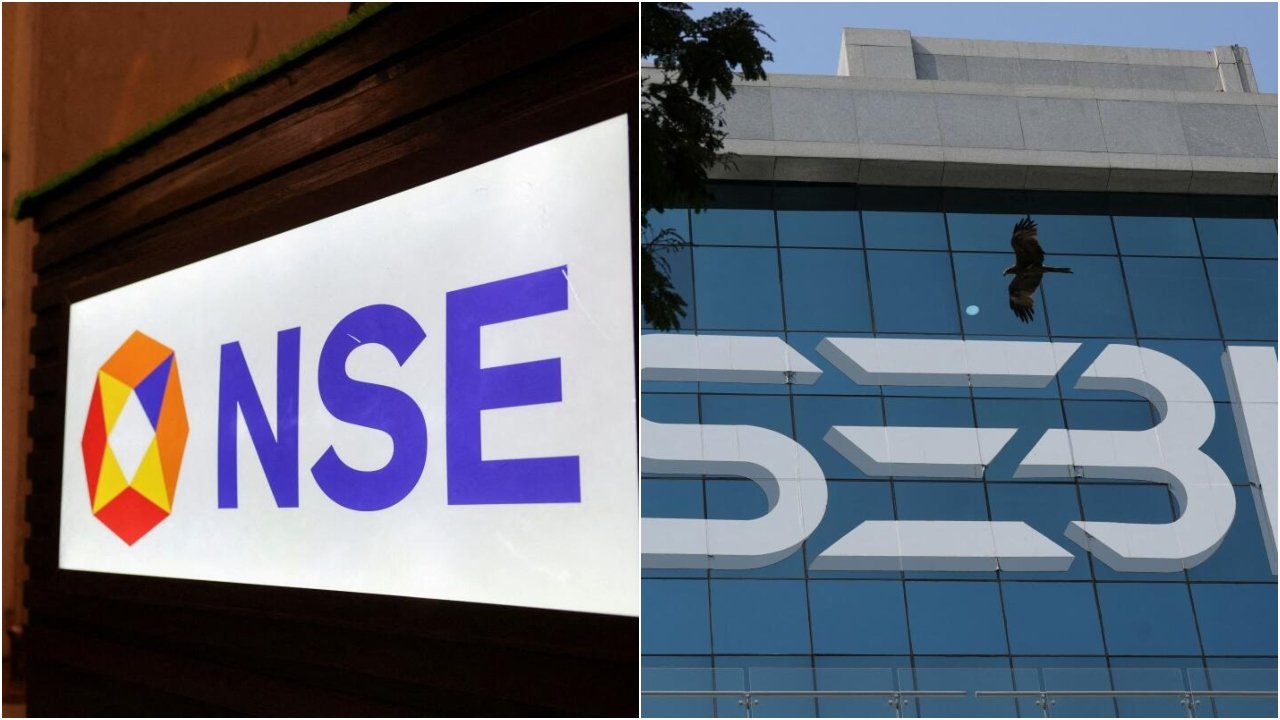The National Stock Exchange (NSE) has proposed to pay ₹1,388 crore to the Securities and Exchange Board of India (SEBI) to settle two of the most significant regulatory cases in Indian capital market history—the co-location case and the dark fiber case. This is the highest settlement amount ever proposed by any Indian company to SEBI.
The development comes as NSE revives its initial public offering (IPO) ambitions, which have been in limbo for years due to unresolved regulatory investigations. Sources say the proposal was put forward after the appointment of Tuhin Kanta Pandey as SEBI Chairman in February 2025, signaling a potential thaw in the impasse.
A Breakup of the Settlement: ₹1,165 Cr for Co-Location, ₹223 Cr for Dark Fiber
As per a report in The Economic Times, NSE has offered ₹1,165 crore to settle the co-location case and ₹223 crore for the dark fiber case. If SEBI accepts this offer, it could help NSE overcome the biggest hurdle standing in the way of its IPO—regulatory overhang and lack of closure on the legacy cases.
NSE’s IPO, once expected to be the biggest in Indian financial history, was derailed after SEBI launched investigations into preferential treatment to certain brokers via its infrastructure network. The resolution of these two cases is likely to restore investor confidence and regulatory goodwill, paving the way for the long-awaited public listing.
Revisiting the Co-Location Controversy: A Scam That Shook the Market
The co-location case dates back to 2015, when a whistleblower complaint alerted SEBI to possible malpractices in NSE’s high-frequency trading (HFT) setup. The complaint alleged that some brokers, including OPG Securities, had unfair access to NSE’s secondary servers due to NSE’s co-location facility—allowing them to gain speed advantages in executing trades.
SEBI’s investigation concluded that select brokers had used this proximity advantage to the detriment of others, constituting a serious breach of fair market principles. In 2019, SEBI took regulatory action against NSE, several of its former officials, and involved brokerage firms.
FCRF x CERT-In Roll Out National Cyber Crisis Management Course to Prepare India’s Digital Defenders
The dark fiber case, though lesser-known, involves similar allegations of unfair access via unregulated communication infrastructure that allowed select market participants faster trading routes.
What Lies Ahead
SEBI will now review the proposed settlement under its new norms for resolving regulatory matters through monetary payment and other non-monetary terms. If approved, this deal would not only mark closure on one of the Indian financial market’s longest-running sagas, but also unlock NSE’s IPO potential—a moment eagerly awaited by investors and stakeholders.



